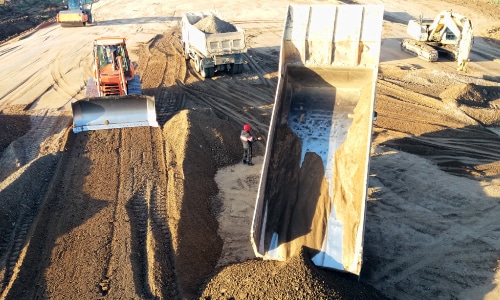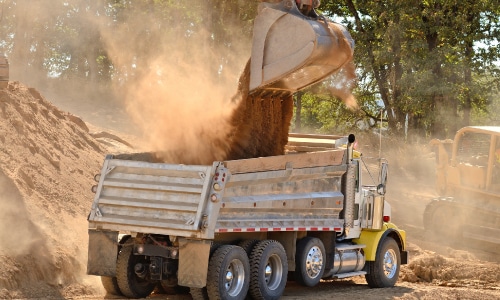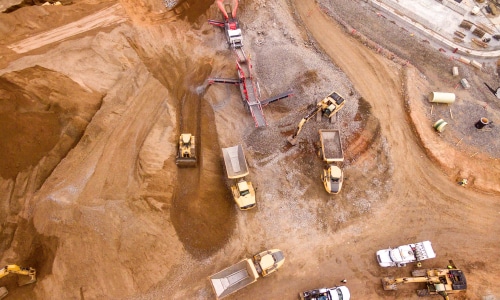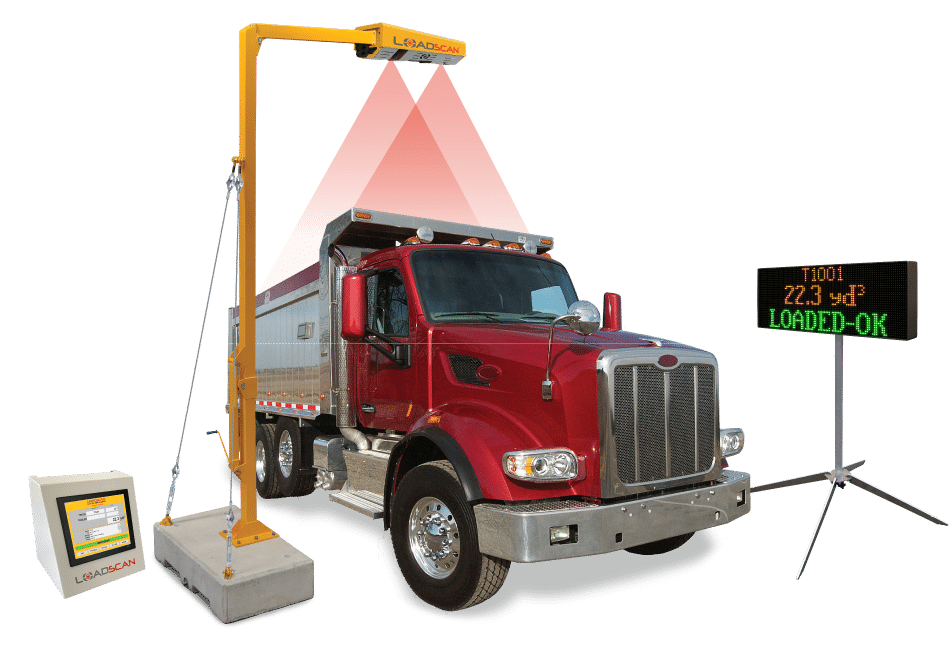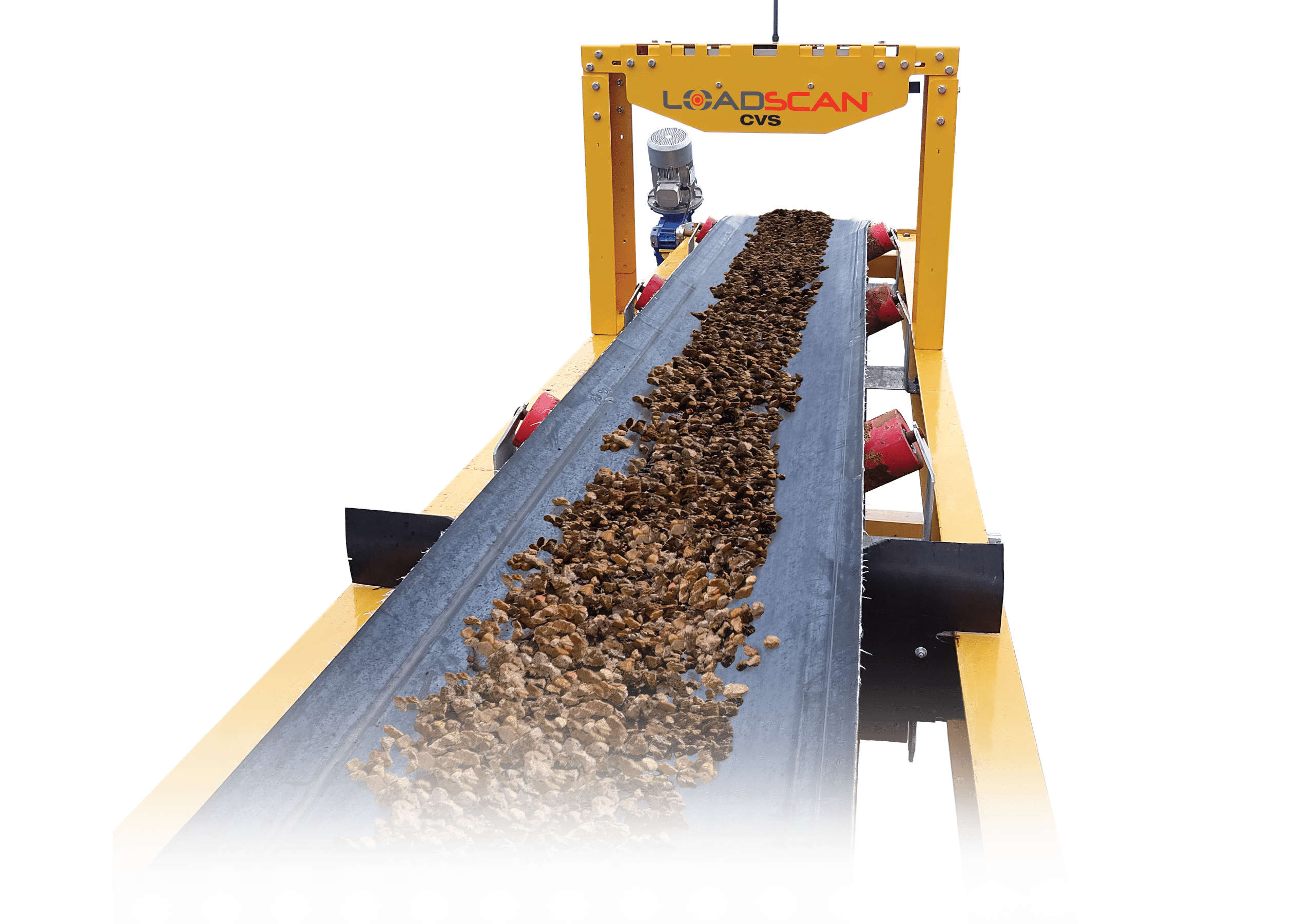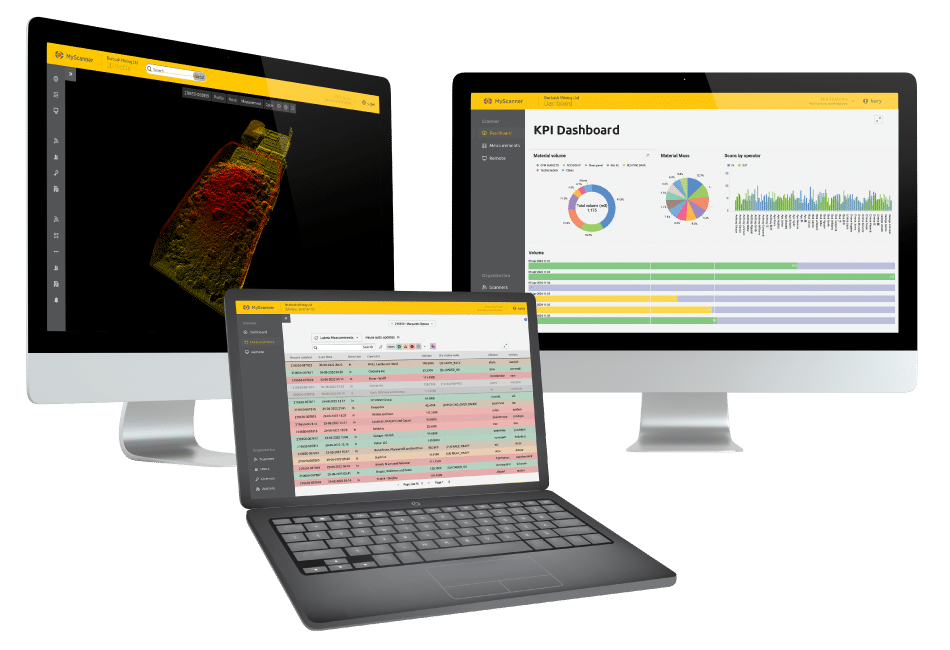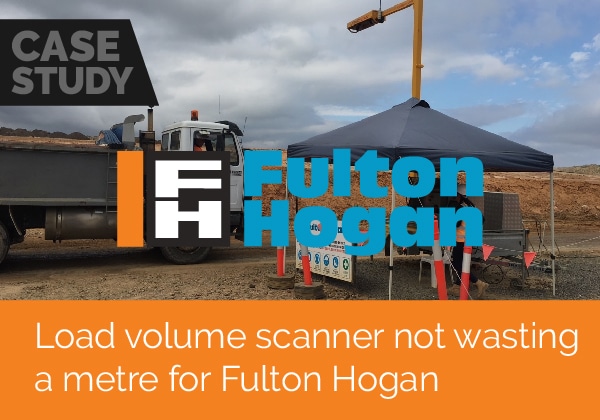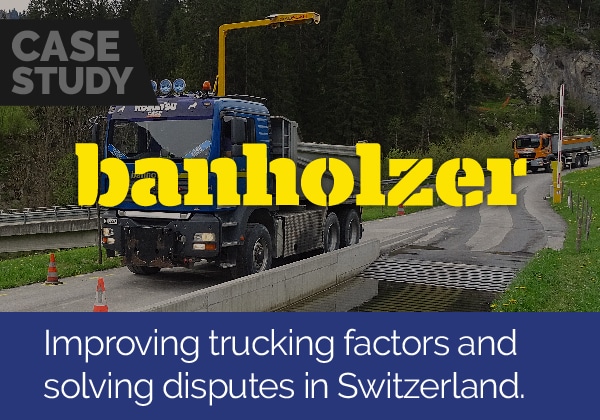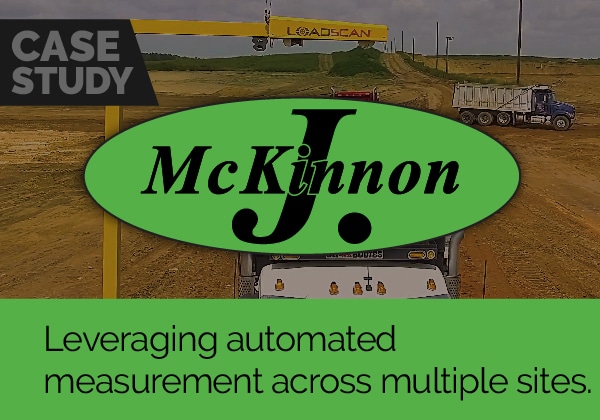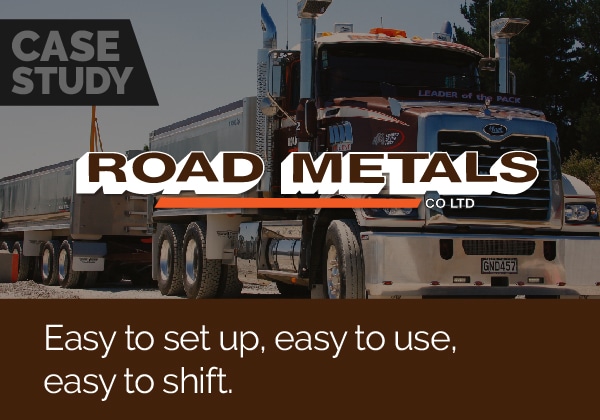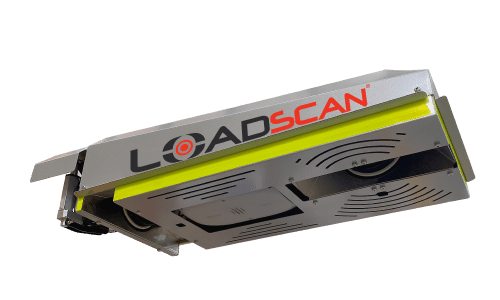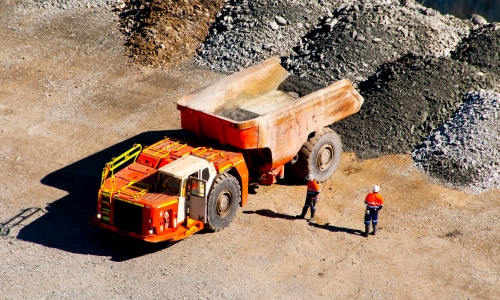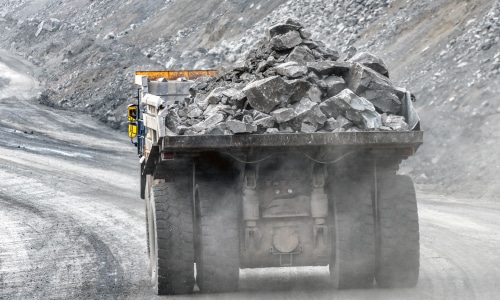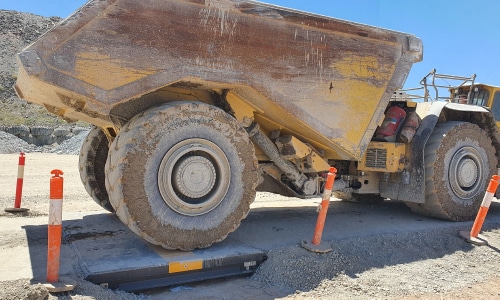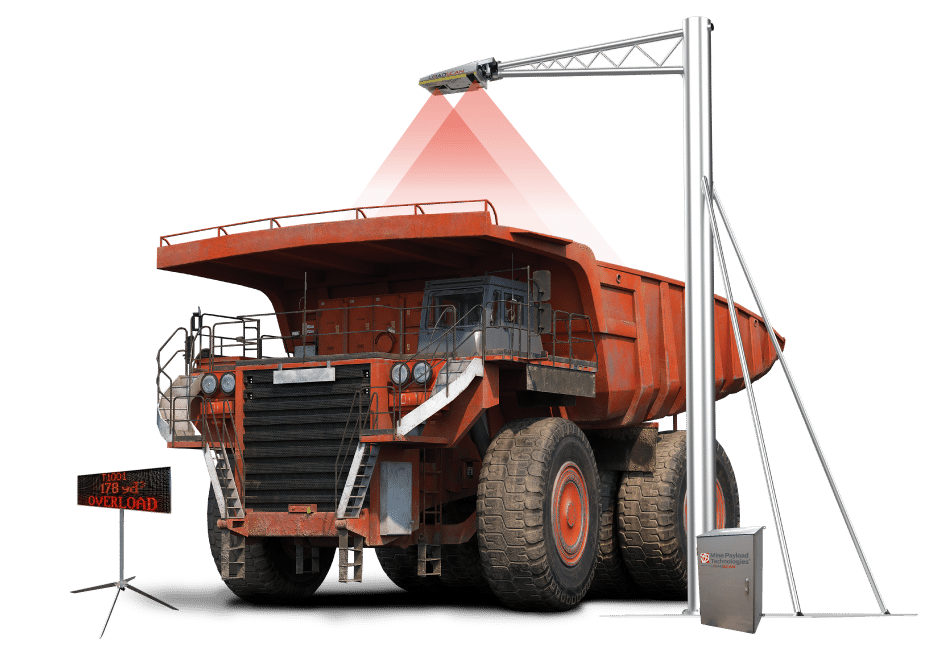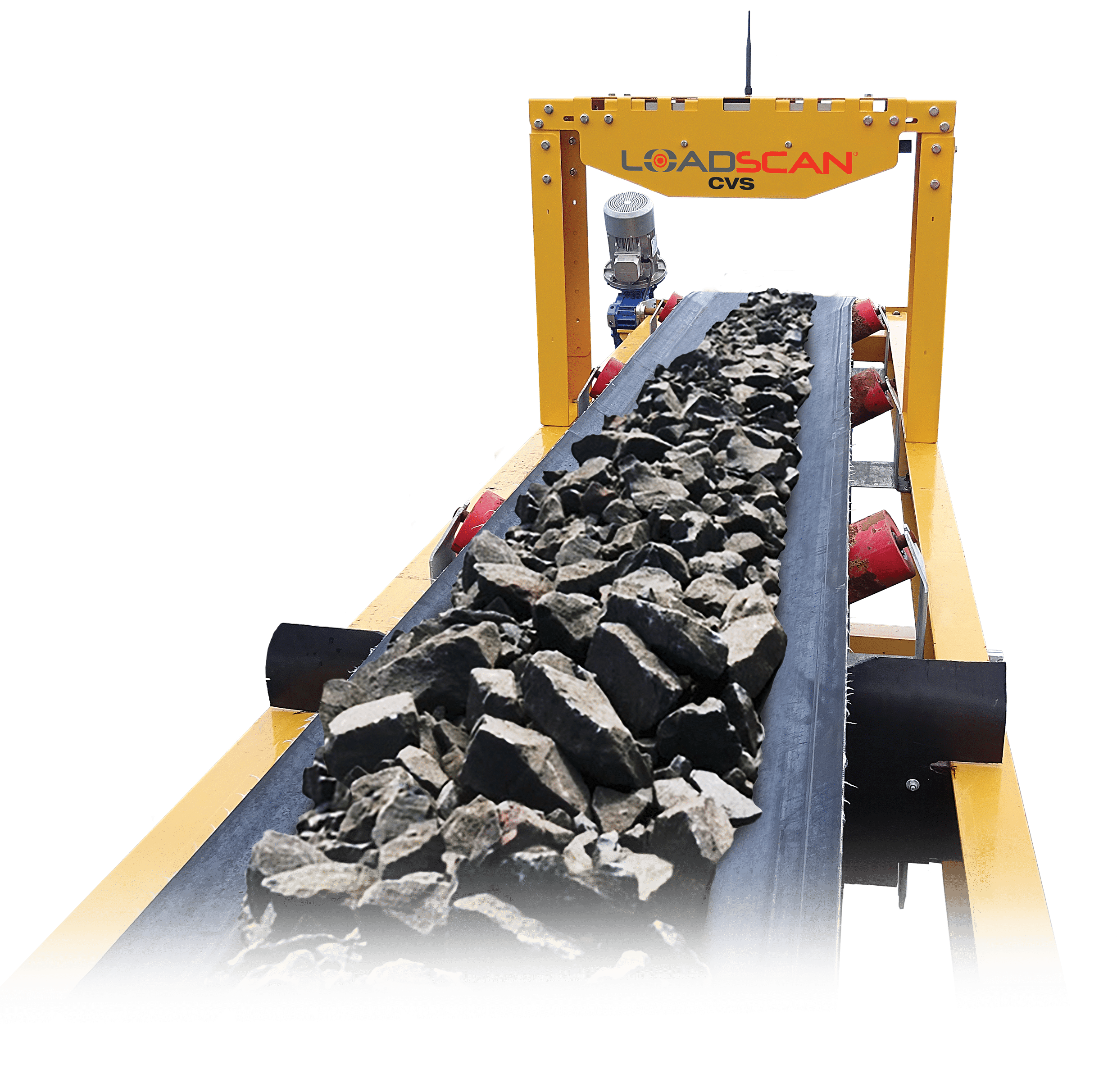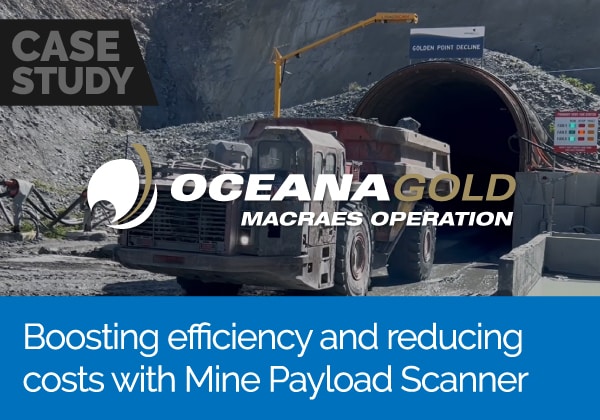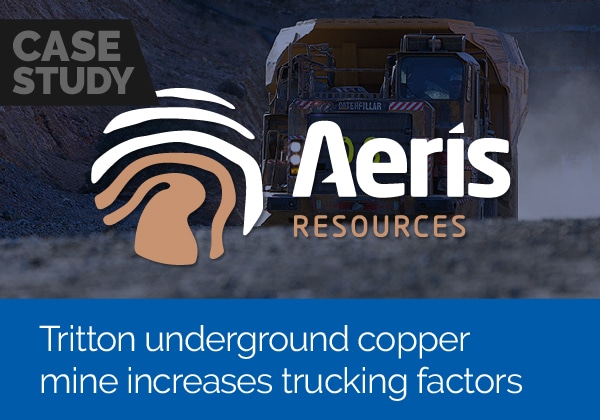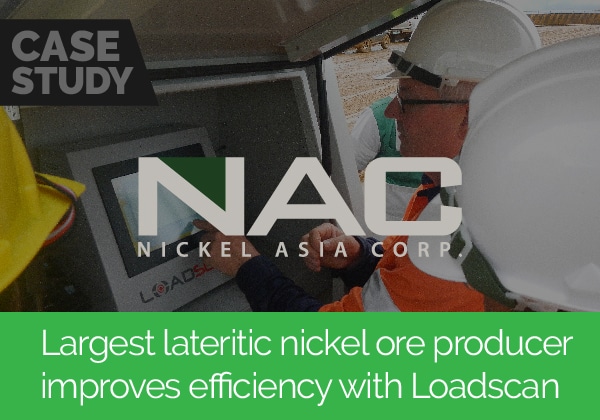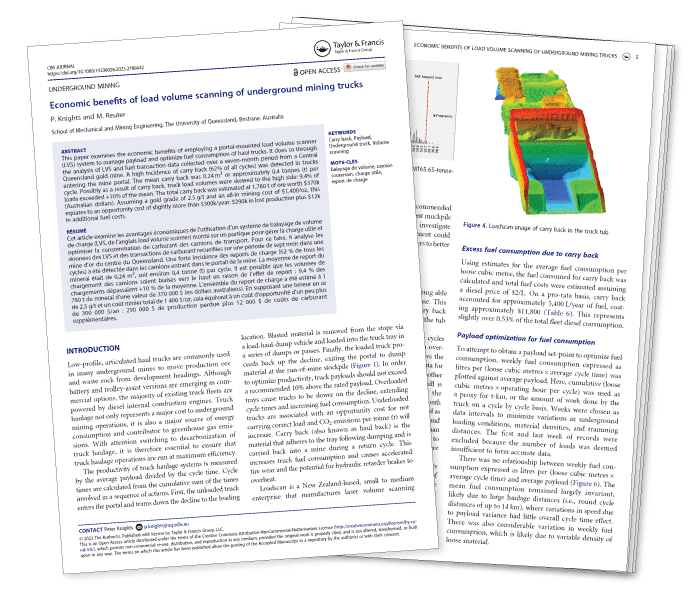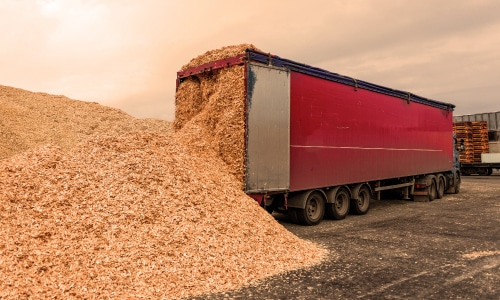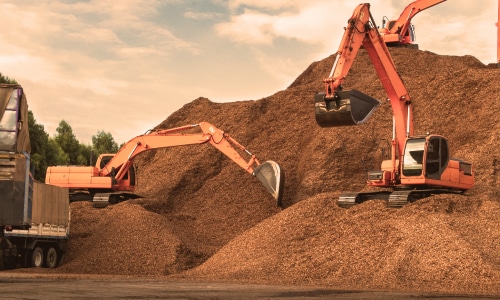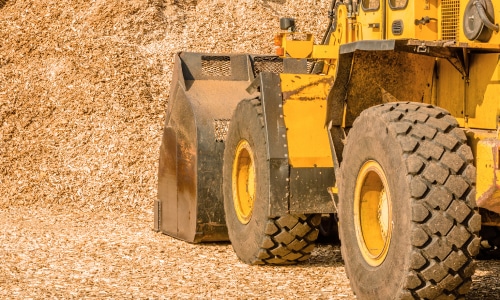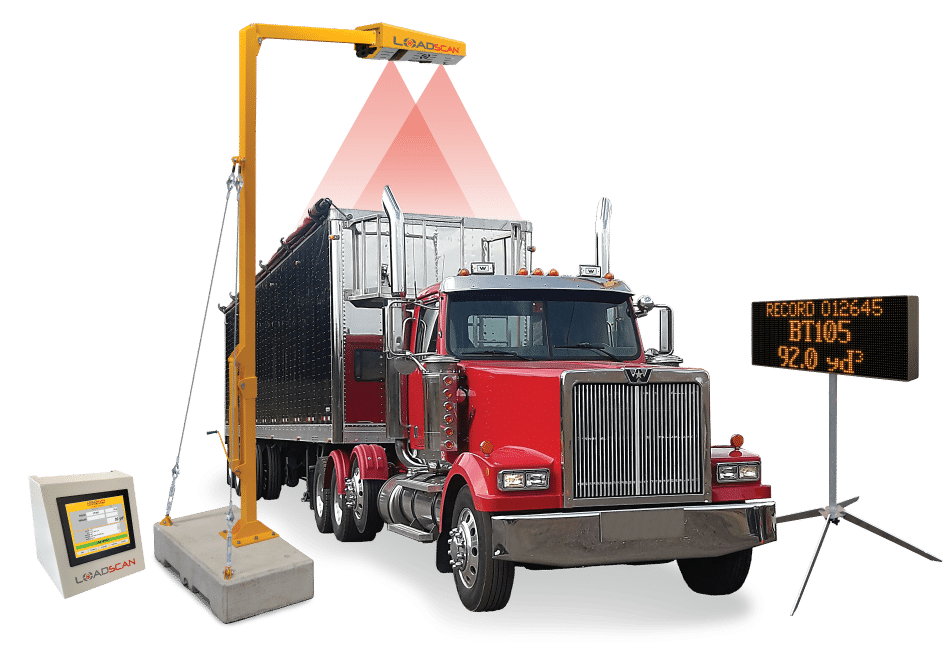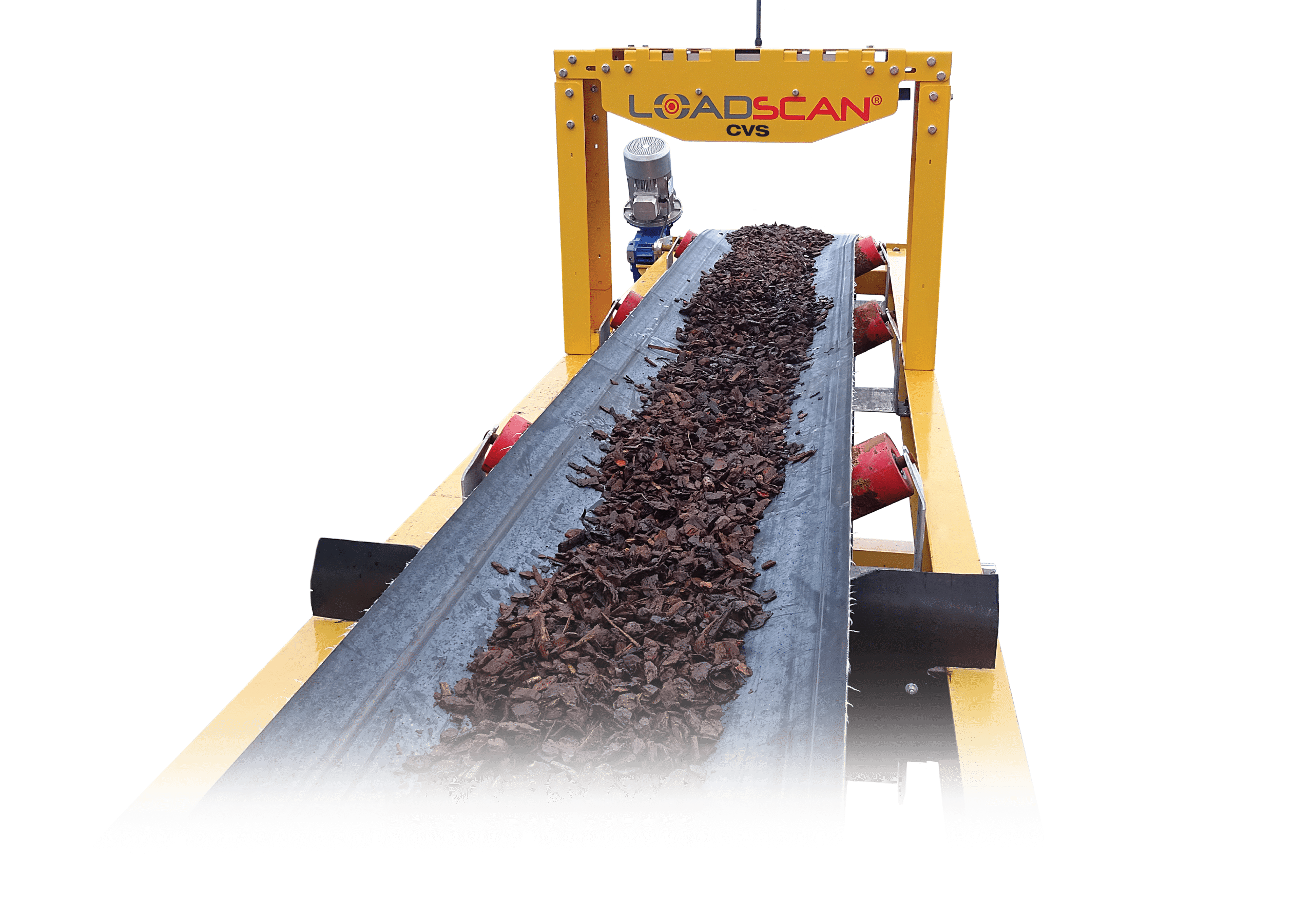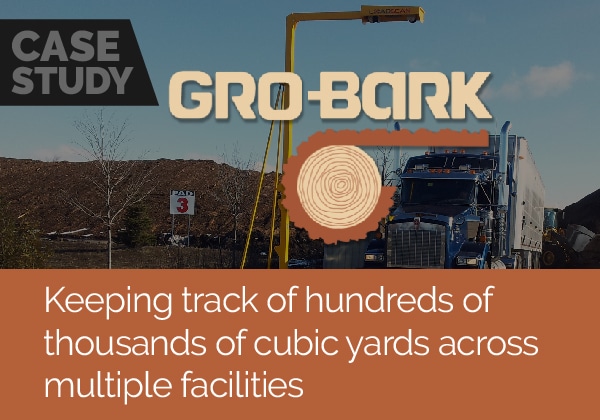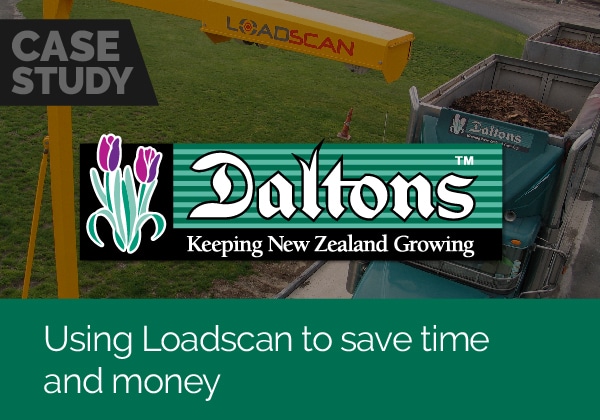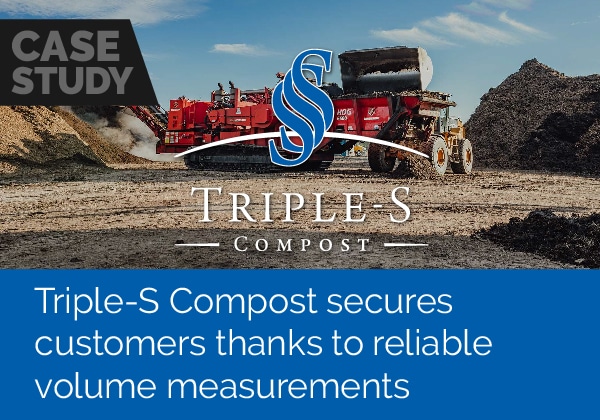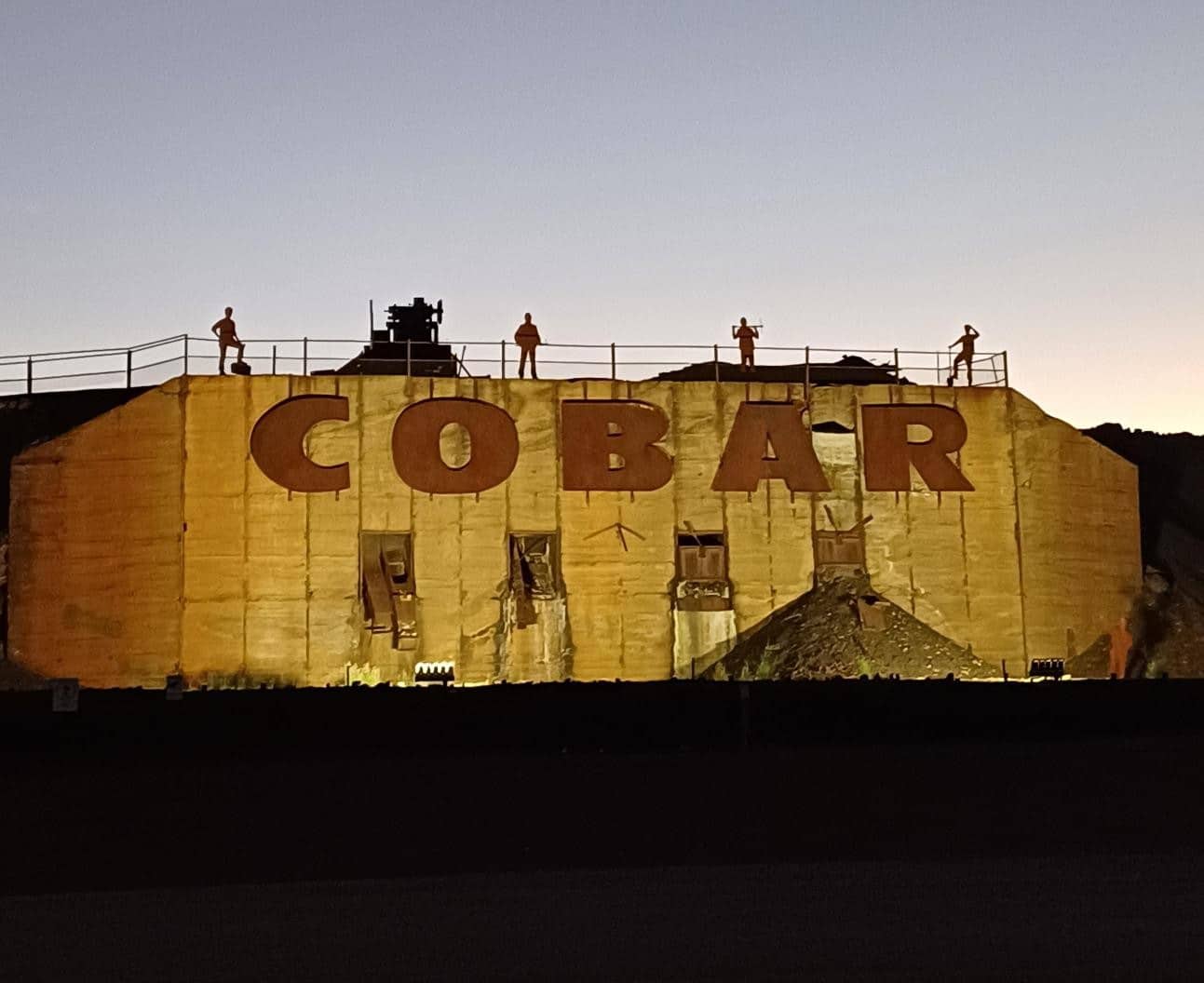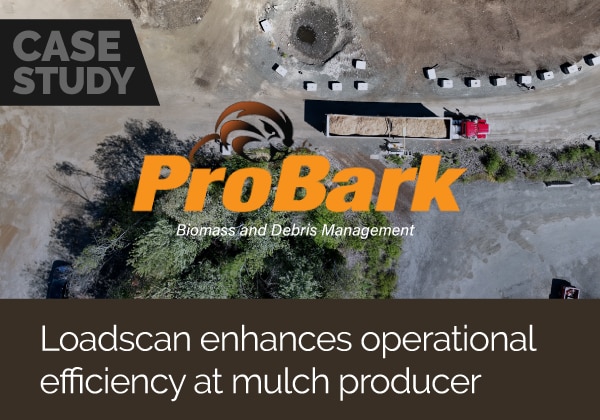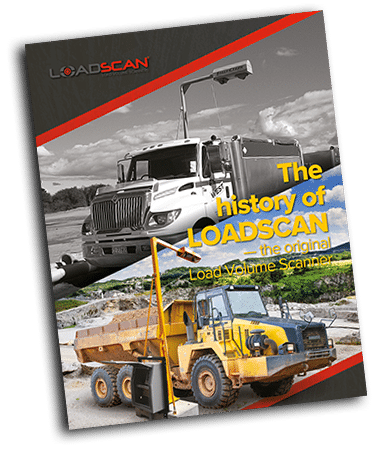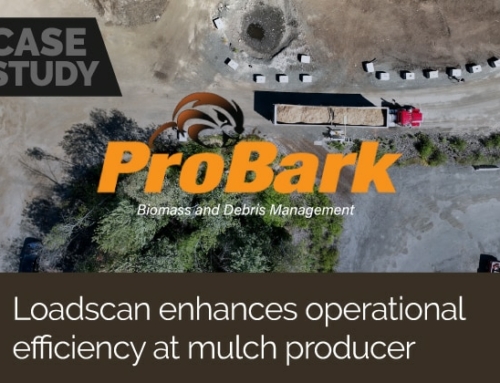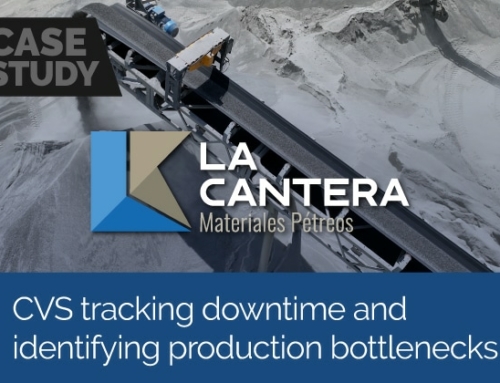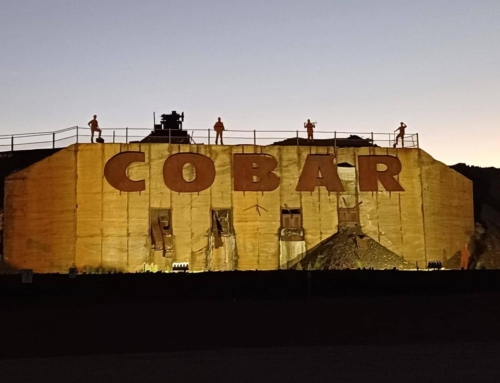Optimizing Mining Operations with Pitram and Loadscan Integration at CSA Cobar The MAC [...]
Read below to find out if a Payload Measure is right for you
Are you paid by the cubic metre/yard of material you supply? If so, you should think about how to best measure your payloads. Are you actually delivering (and getting paid for) what you think you are?
Here are 6 questions to consider before choosing a payload measure for your business.
1. Are you dealing with uncertainties such as moisture content and compaction?
When weighing material, we all know that volume varies with an increase or decrease in moisture content. But how do you deal with it in a practical sense?
How the bucket is pushed into a stock-pile can impact the effective volume when transferred to a truck bin (think hard dig vs light scoop). Add to this, the fact that heaped material compacts under its own weight.
How will these variables be dealt with?
2. How accurate are your load operators?
It’s highly unlikely that your operators load each bucket consistently to the same level, or that your trucks are filled to the same capacity every load.
Your loader operators could be over supplying (or under supplying). How can you be sure either way?
3. Do you have issues with haulback?
Material left in the bottom of a truck can be accounted for multiple times (haulback) affecting your accuracy.
Have you thought about measuring load volume on entry and exit?
4. Do you understand the shrinkage in your bulk materials?
When mixing special product blends do you understand the rate of shrinkage in the mixing process? How do you account for that?
5. Do you need to accurately track material movement totals against performance targets?
When you have an accurate picture of what you’re moving each day you can analyse this information to make more strategic operational decisions.
Would the ability to track material in real time be an advantage to your business?
6. Is cycle time important to your business?
Is your current system slowing you down? Would eliminating time from the load measurement process be of benefit to your business?
We said there were 6 questions; but there’s actually an important 7th question.
Have you considered using volume as your measure?
More and more bulk material industry leaders are measuring their inbound and outbound loads by volume. This gives a much greater accuracy in accounting for volumes of material shipped and received.
Volumetric load scanning works on the principle of comparing empty scan profiles and full scan profiles for the same vehicle to compute the load volume.
Volumetric load scanning has several advantages over manually measuring truck or trailer capacity or loads:
- Volumetric load scanning measures the actual load volume in a truck or trailer bin for each measured load, regardless of theoretical bin capacity
- Eliminates the need to deal with uncertainties such as moisture content, shrinkage and compaction
- It doesn’t matter how accurate your load operators are
- Accounts for haulback
- Enables you to accurately track material movement totals against performance targets
- It’s non-contact so measuring the load does not interfere with the load volume in any way
- Fast and fully automated and allows for every load to be measured.
Get accurate measurement now.
The LoadScan Load Volume Scanner (LVS) is the original non-contact ‘drive-through’ lorry & dump truck load measurement instrument for the accurate measurement of bulk material volumes. Contact us today phone +64 7 847 5777 (or in Australia ph+61 7-3217-0311 or the US ph +1 951-234-5933)

